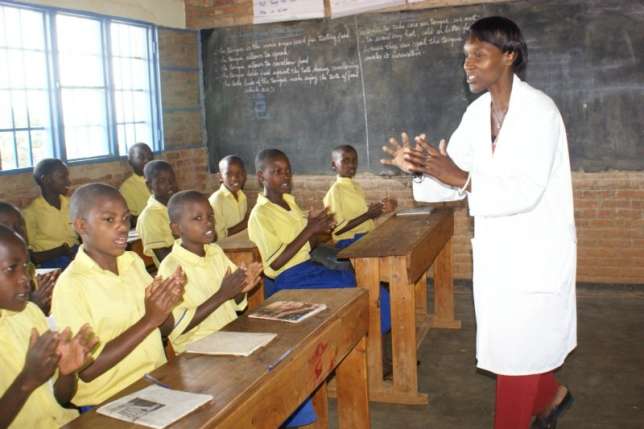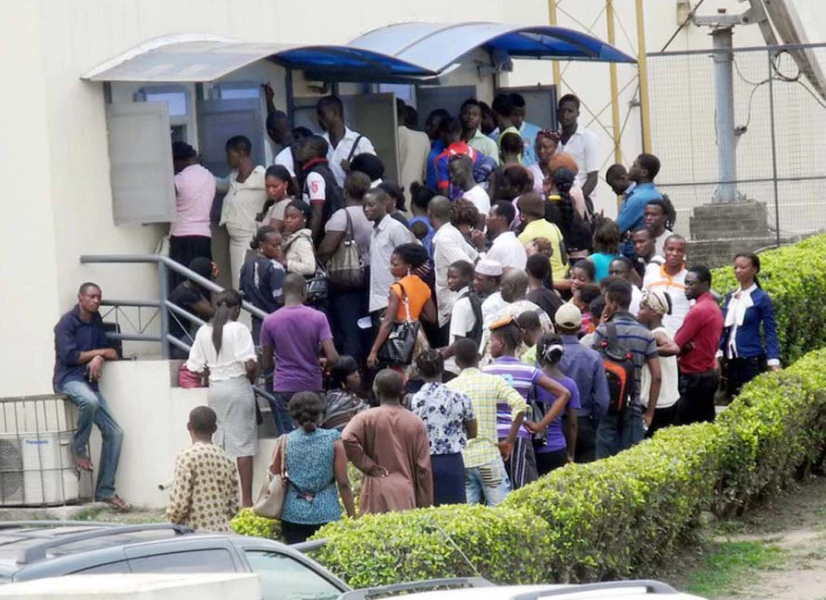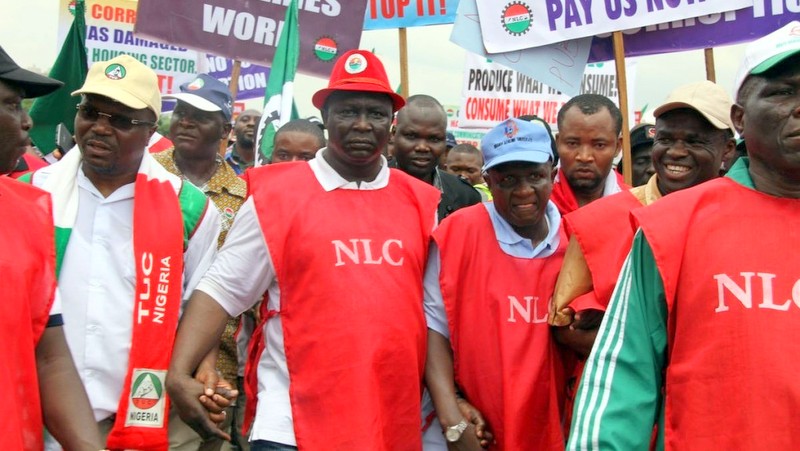The Academic Staff Union of Universities (ASUU) has warned that the ongoing strike by its members may be prolonged as no concrete resolution has been reached in the negotiation with the Federal Government.
The union called on parents and students to show understanding over the development so as to save Nigeria’s university system from collapse.
ASUU National President, Biodun Ogunyemi, made the appeal in an interview with the News Agency of Nigeria (NAN) in Lagos on Thursday.
NAN reports that university lecturers had on November 5 embarked on a strike, demanding the implementation of the 2009 agreement it entered into with the Federal Government.
The lecturers are also calling for full implementation of the Memorandum of Action (MoA) agreement with the government in 2017; improved working conditions and welfare package; and upgrade of facilities in universities across the country.
According to Mr Ogunyemi, the strike is not to short-change the students, parents and other key stakeholders but to save the country’s university system from collapse.
“We want to call on our students and parents to show understanding with our struggle as we are in this together.
“The whole essence of this struggle is to ensure that our students get worthy and deserving certificates that they will be proud of anywhere they may find themselves in the world.
“The struggle is to ensure too that we save Nigerian universities from going the way our public primary and secondary schools have gone.
“Today, most parents are sending their children and wards to private primary and secondary schools around the country because of the perceived or alleged falling standards.
“We do not want our universities to go the same way because a lot of our parents may not be able to afford the private university fees,’’ he said.
The ASUU boss added that there was an urgent need for both the federal and state governments to reconsider their approach toward the development of universities to avoid an outright collapse in the near future.
“The sad thing now is that the World Bank is giving funds to some private universities to thrive over public universities.
“Unless Nigerians rise to the occasion and join ASUU in putting pressure on both the Federal and state governments to pay adequate attention to our universities, secondary and primary schools, we may be facing a total collapse of our educational sector, ‘’ Mr Ogunyemi said.
He noted that university students might be staying longer at home as no concrete resolution had been reached with the Federal Government so far.
Mr Ogunyemi said that representatives of the union met with the Federal Government on November 26 but that the meeting ended in a deadlock.
“We met on Monday in order to reach an agreement on the key issues we are agitating for but nothing tangible came out of the meeting.
“Rather than come out with firm commitment on what to do about these demands, they were appealing to us to go back to the classrooms while they tackle the issues; and to us they have missed the point.
“We were told that the negotiation will continue on Friday, November 30 but up till now, as we speak, I have not received any notice of meeting to that effect,’’ he said.
NAN reports that the ASUU first met with the federal government on November 15 to deliberate on the issues.


